RESEARCH TEAM
Jewellord Nem Singh

Jewellord T. Nem Singh is the Principal Research Fellow at the Centre For Global Political Economy (CGPE) at the University of Sussex, United Kingdom. He is an internationally recognised expert in the political economy of development, specifically in the politics of mining and industrialisation. Nem Singh has a dual appointment as a Global Fellow at the Wilson Centre Environmental Change and Security Programme and the Wahba Institute for Strategic Competition in Washington DC, USA. He is also a Research Collaborator at the International Institute for Asian Studies in Leiden, The Netherlands. In January 2025, Nem Singh has been appointed as the Asian Regional Research Coordinator in the Global Industrial Policy Lab, led by Amsterdam-based Transnational Institute.
As of January 2025, Nem Singh has a track record of €2,300,000 in grant capture and a total of 60 publications. His latest book, Business of the State: Why State Ownership Matters for Resource Governance (Oxford University Press, 2024), argues that public enterprises in strategic resource industries can play a vital role in structural transformation. His work has centrally focussed on the political economy accounts of extractive industries-based development drawn from empirical fieldwork sites as diverse as Brazil, China, Chile, the Philippines, and Kazakhstan. He also developed an interest in studying the role of mineral consumers, notably the European Union, Japan and South Korea, in driving demand for critical minerals necessary for global decarbonisation
Sussex Profiles: https://www.sussex.ac.uk/profiles/220064
FULL TIME RESEARCH members
Yingfeng JI

Yingfeng Ji is an upcoming Post-doctoral Research Fellow for the GRIP-ARM project at the International Institute of Social Studies. She completed her PhD thesis entitled Adaptation and Interpretation: The ongoing process of the Belt and Road Initiative in China and Kazakhstan under the supervision of Dr. Siddharth Saxena, University of Cambridge. Yingfeng also holds a MPhil degree in Development Studies at University of Cambridge and a bachelor’s degree in international relations at Beijing Foreign Studies University (China).
Yingfeng’s research areas encompasses China’s overseas economic activities under the Belt and Road Initiative, China’s industrial policy in the rare earth sector, and energy transition in Eurasian countries. She has conducted extensive fieldwork and possesses substantial experience in policy discourse analysis in China and Eurasian countries.
NUERJIAZI AKEERBIEKE

Nuerjiazi Akeerbieke (Nurjaz Akylbek) is the project leader for the Kazakhstan component of the GRIP-ARM project. She obtained her undergraduate and postgraduate degrees in Development Study, and she holds 7 years of working experience in the private and public sectors in the mining industry.
She is currently working on her PhD within the Governance, Law and Social Justice (GLSJ) research group at the International Institute of Social Studies (ISS), Erasmus University Rotterdam. Her PhD research on ‘Technological innovation and structural transformation in Kazakhstan: The role of FDI and industrial policy in critical raw materials’ explores questions of sustainable development of the Critical Raw Materials Industry in Kazakhstan and the wider Central Asia.
Hao Zhang
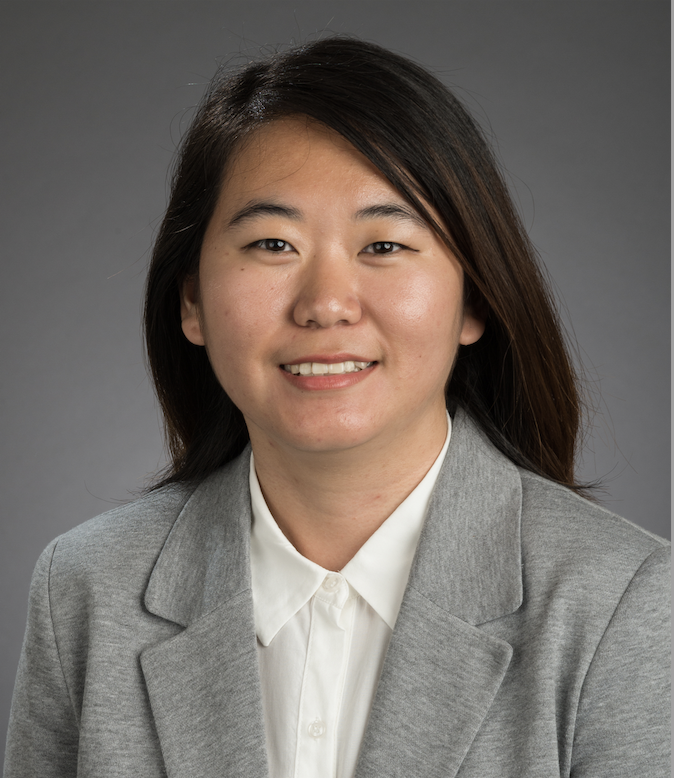
Hao Zhang is a PhD candidate at the International Institute of Social Studies (ISS), Erasmus University Rotterdam (EUR). Before joining ISS, she was a master’s student majoring in international affairs at School of Global Policy and Strategy at University of California, San Diego. Her current research focuses on policy advocacy of Chinese NGOs in global climate governance. Her research interests lie in global climate politics and diplomacy, and NGO development in China.
She works as a research assistant since the beginning of the project. Her main responsibilities include build a database of interviews based in the EU and East Asia and organize key informant interviews for the PI; build/complete a database of information related to rare earths mining, such as data on exploration and production, processing/refining, and industrial applications of rare earth elements. She is also one of the contributors to the project’ special issue newsletter with International Institute for Asian Studies (IIAS) entitled ‘Environmental Governance amidst the Climate Crisis’.
research MANAGEMENT
Michelle Pérez Acosta

Michelle Pérez is a Project Manager and Consultant for the GRIP-ARM project. With five years of experience in development finance, circular economy, and impact investment, she has led sustainability-focused projects across Europe, Latin America, and Southeast Asia.
She specializes in project lifecycle coordination, combining expertise in stakeholder engagement, such as governments, NGOs, and the private sector, with strong research skills, knowledge management, and digital communications. Her achievements include co-authoring key sustainability reports, leading international workshops, and developing monitoring frameworks for sustainable investment.
Former research associates
Ray Asada
Ray Asada is a Research Fellow at the JICA Institute and was a Post-doctoral researcher at the Institute for Advanced Studies on Asia, University of Tokyo (Japan). She holds a PhD and M.A. in Public Policy from the Graduate School of Public Policy at the same university. Ray came to academia after working for several years in the private sector implementing development aid, where she questioned the political nature of the practice and the geographical concentration of economic growth and resources.
Her long standing interest is in how countries and regions can develop while sustaining rural areas, rather than concentrating on urban oriented economic growth. She has conducted research in Sri Lanka and Japan with fieldwork to identify the long-term impact of development policies in rural are
Kahee Jo

Kahee Jo is a Post-doctoral researcher at Freie Universität Berlin (Germany). She holds a Ph.D. in the Politics of Development at King’s College London, a master’s in International Development: Industry, Trade and Development at the University of Manchester (UK) and BA in Political Science and International Affairs at Ewha Womans University (South Korea).
Kahee is interested in structural/institutional change that can impact the typology and nature of the industry in emerging economies in Southeast Asia and Africa. Her main areas of research are industrial development and policy, state-business relations, business politics and global value chains. Recently, she has studied dynamics of industrial development and its implication to political change with focus on state-business relations and business structural power by investigating the case of the EV policy in South Korea.
Paolo Minadakis

Paolo Minadakis holds an Erasmus Mundus master’s in Public Policy from the International Institute of Social Science (ISS) of Erasmus University Rotterdam and the Barcelona Institute of International Studies (IBEI) of the Pompeu Fabra University. He also obtained a specialised master’s in Political Ecology and Environmental Justice from the Institute of Environmental Science and Technology (ICTA).
In 2022, Paolo supported Dr. Nem Singh in his second fieldwork in Greece as a Greek translator and in conducting qualitative research by engaging with stakeholders and transcribing interviews. In 2023, Paolo completed an 8 months research fellowship at the Stockholm Environment Institute (SEI) in Bogotá, Colombia, where he worked as a research consultant. Paolo’s research interest revolves around environmental policy and politics, with a specific focus on the social and geopolitical implications of energy transition plans both globally and locally.
Stefanie Prandi

Stefanie Prandi holds an Erasmus Mundus joint master’s degree in Public Policy from Erasmus University Rotterdam and the University of York. Her interests include environmental and human rights policies, global political economy, and nature-based climate solutions, with expertise in Latin America and Europe.
Between 2021 and 2022, Stefanie supported Dr. Nem Singh with the transcription and translation of field research interviews from Brazil, Sweden, Greece, and Belgium and with the initial design of information databases to preserve the stakeholders’ pseudo-anonymization.
BOARD OF ADVISORS
LING CHEN
Ling Chen is Associate Professor in the School of Public Administration & Public Policy at Tsinghua University. She is also the Director of the Center for Industrial Development and Environmental Governance (CIDEG) of Tsinghua University. She received her Ph.D. in Public Management from Tsinghua University in 2005.
Currently, as the principal investigator of the key project supported by the National Social Science Foundation of China, “Boundary, Mechanism, and Optimization of Government’s Role in Market-oriented Innovation System,” Dr. Ling Chen focuses on the technology trajectory and industrial policies of several key industries, including high-speed rail, nuclear power, 5G, artificial intelligence, new energy vehicles, aero engines, integrated circuits, and other industries and technologies. In recent years, Dr. Chen has also conducted on research on digital innovation ecological networks, industrial digitization, and new R&D institutions.
Richard Griffiths

Richard Griffiths is Professor on International Studies, Economic and Social History and research fellow at the International Institute for Asian Studies at Leiden University. He holds a Ph.D. in Economic History from Cambridge University and BA in Economic History and Russian Studies from Swansea University College.
Katja Hujo
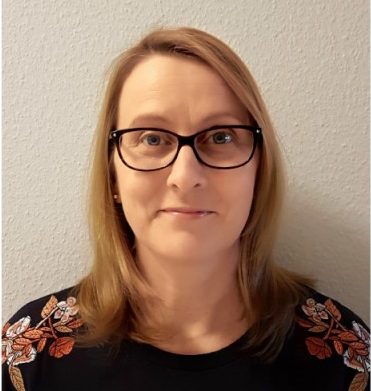
Katja Hujo is a Senior Research Coordinator in the Transformative Social Policy Programme at UNRISD. She studied economics and political science at Eberhard-Karls-University Tübingen, Freie Universität Berlin (FUB) and National University of Córdoba, Argentina, and holds a doctoral degree in economics from FUB. Katja is a social policy expert and works on development issues including mineral-led development and extractive industries. Katja has published numerous papers and articles, 1 monograph, 9 edited volumes, and 4 special journal issues, with her most recent book, The Politics of Domestic Resource Mobilization for Social Development, published by Palgrave Macmillan in July 2020.
Eliza Massi
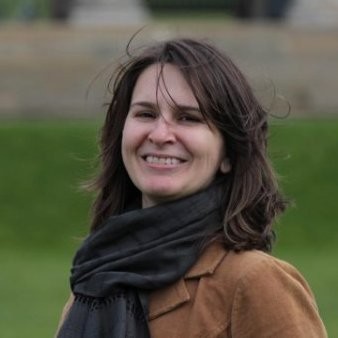
Eliza Massi works as Energy and Critical Mining Senior Adviser at the Trade and Investment Department, Embassy of Brazil in London. Eliza is also a Visiting Research Fellow at the International Institute of Social Studies (ISS) in The Hague, part of Erasmus University Rotterdam. She also held fellowships at the East-West Center in Honolulu, Hawaii, the Sheffield Institute for International Development and the Economic and Social Research Council.
She served as Expert Consultant on projects with development agencies and international NGOs, including Publish What You Pay Coalition and the United Nations Development Programme. Eliza was awarded a doctorate from SOAS, University of London in 2015. Her research focuses on the political economy of development, industrial policy, energy and resource economics, and the mobilization of finance for development in Latin American and East Asia.
Jin Sato
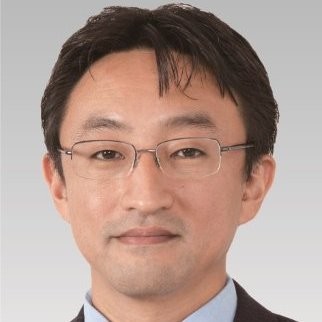
Jin Sato is Full Professor at the Institute of Advanced Studies on Asia, University of Tokyo (Japan). He served as a visiting professor at the Public Policy School in Princeton University from 2017-2020. Sato works on the politics of natural resources and foreign aid in the context of Southeast Asia. He is currently the Chief Editor of the International Journal of Asian Studies (Cambridge University Press) and the President of Japan Society for International Development. He holds an MPP from Kennedy School at Harvard University and a PhD from the University of Tokyo.
Erika Weinthal

Erika Weinthal is Professor of Environmental Policy and Public Policy at the Nicholas School of the Environment, Duke University. She specializes in global environmental politics and environmental peacebuilding with an emphasis on water and energy. She is a founder member of the Environmental Peacebuilding Association and serves as a Vice-President. Dr. Weinthal is also an Editor at Global Environmental Politics. In 2017 she was a recipient of the Women Peacebuilders for Water Award under the auspices of “Fondazione Milano per Expo 2015”.
COLLABORATIONS
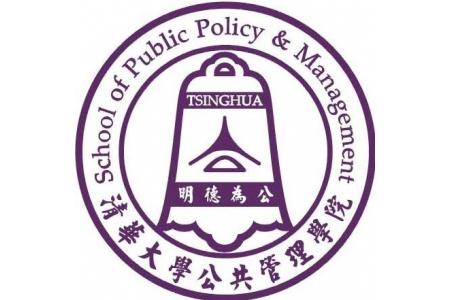
IIAS is a global humanities and social sciences research initiative that encourages dialogue and links expertise around present-day Asian realities. Among its diverse research projects, IIAS has developed an interdisciplinary research project aimed at the study of the Belt and Road initiative and its impact on countries and regions outside of China; and an Energy program aimed to understand how Chinese multilateral institutions and corporations around Asia, Africa, and Europe have responded to such initiative and relates to one another.
International Institute for Asian Studies (IIAS)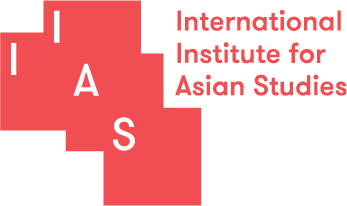
As part of this global initiative, the Sustainable Development Solutions Network (SDSN) Kazakhstan was launched on June 8, 2022, at Nazarbayev University Graduate School of Public Policy. It mobilizes expertise and resources from academia, civil society, the private sector, and government to promote sustainable development by fostering collaboration, research, and practical solutions at local, national, and global levels. SDSN Kazakhstan currently comprises 25 member organisations across Kazakhstan.
Sustainable Development Solutions Network (SDSN) at Nazarbayev University Designation

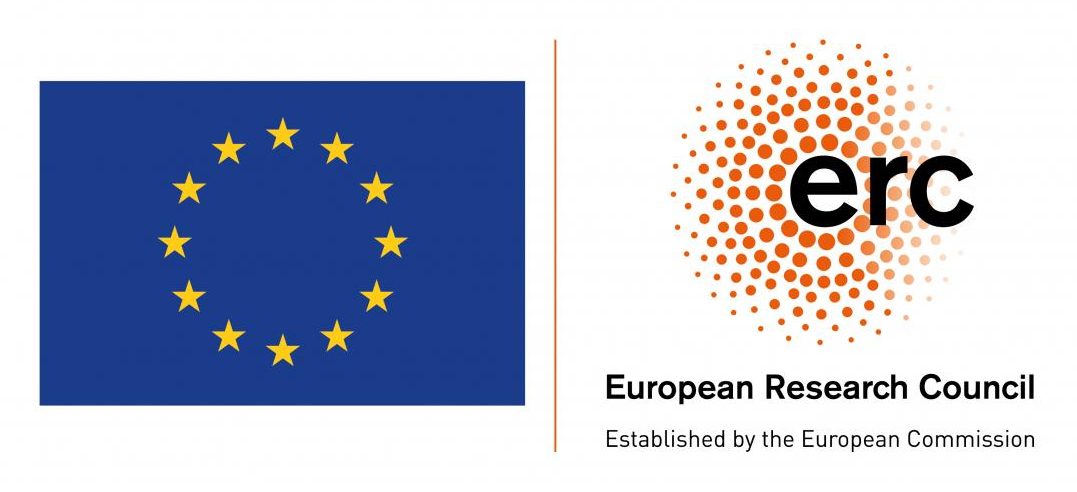

For over eighteen years, the SPPM has developed an extensive network of partners with international organizations and academic institutions. The school provides educational programs, research, and consulting in four fields, public policy and governance, public management, NGO studies, and global governance. One of their main programs relates to the Belt and Road Initiative. Furthermore, the school is on the verge of becoming a world-class think thank cluster in China, researching development and planning, science and technology policy, among others.
School of Public Policy and Management at Tsinghua University